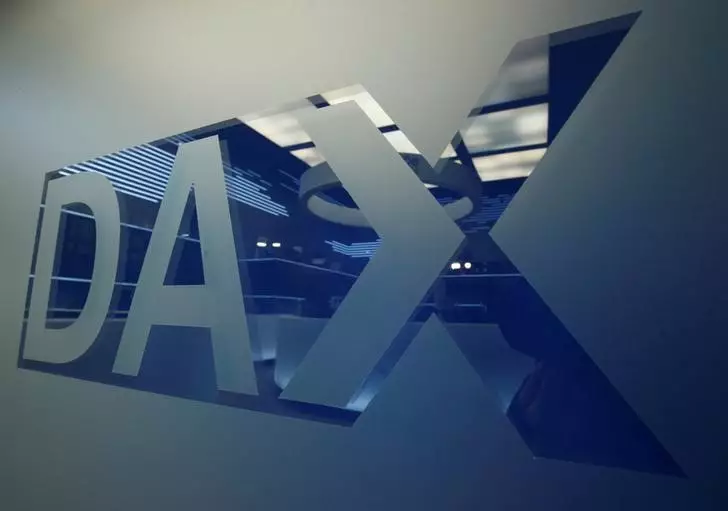European stock markets have seen a positive trend this week, with the DAX index in Germany, the CAC 40 in France, and the FTSE 100 in the U.K. all trading higher. This rebound comes after a period of uncertainty due to the gains made by right-wing parties in the European Parliament elections. French President Emmanuel Macron’s call for a snap election added to the turmoil, leading to a significant drop in the French CAC-40 index. However, it seems that the market reaction may have been exaggerated, as the index has started to recover from its worst weekly loss since March 2022.
Central Bank Policy Meetings
Investors are closely watching several central bank policy meetings scheduled for this week. The European Central Bank has already cut interest rates, but the timing of future reductions remains uncertain. Central banks in Norway, the U.K., and Switzerland are also meeting, with expectations varying for each. While Norway and the U.K. are likely to keep rates unchanged, the Swiss National Bank may deliver further easing measures. The Bank of England, on the other hand, is expected to maintain its key rates, but the voting patterns will be closely analyzed for any hints of future actions based on the recent voting split within the Monetary Policy Committee.
Global Economic Indicators
As the European stock markets continue to show resilience, global economic indicators are still a cause for concern. The final reading of the May consumer price index for the eurozone is expected to confirm a 2.6% annual increase, up from the previous month. Meanwhile, the Reserve Bank of Australia recently kept rates steady at 4.35%, indicating a cautious approach to monetary policy. Crude oil prices, which saw some gains in the previous session, have edged lower due to uncertainties surrounding global demand and ample supply. The U.S. crude futures (WTI) and Brent contract have both experienced slight declines, despite reaching their highest levels since April.
The European stock market has shown signs of recovery amidst ongoing political uncertainties and central bank meetings. The recent market volatility following the European Parliament elections highlights the importance of closely monitoring political developments for potential investment implications. Additionally, global economic indicators and fluctuations in crude oil prices serve as reminders of the interconnectedness of financial markets and the need for a diversified investment approach. As investors navigate through these challenging times, staying informed and adapting to market conditions will be crucial for long-term success.

